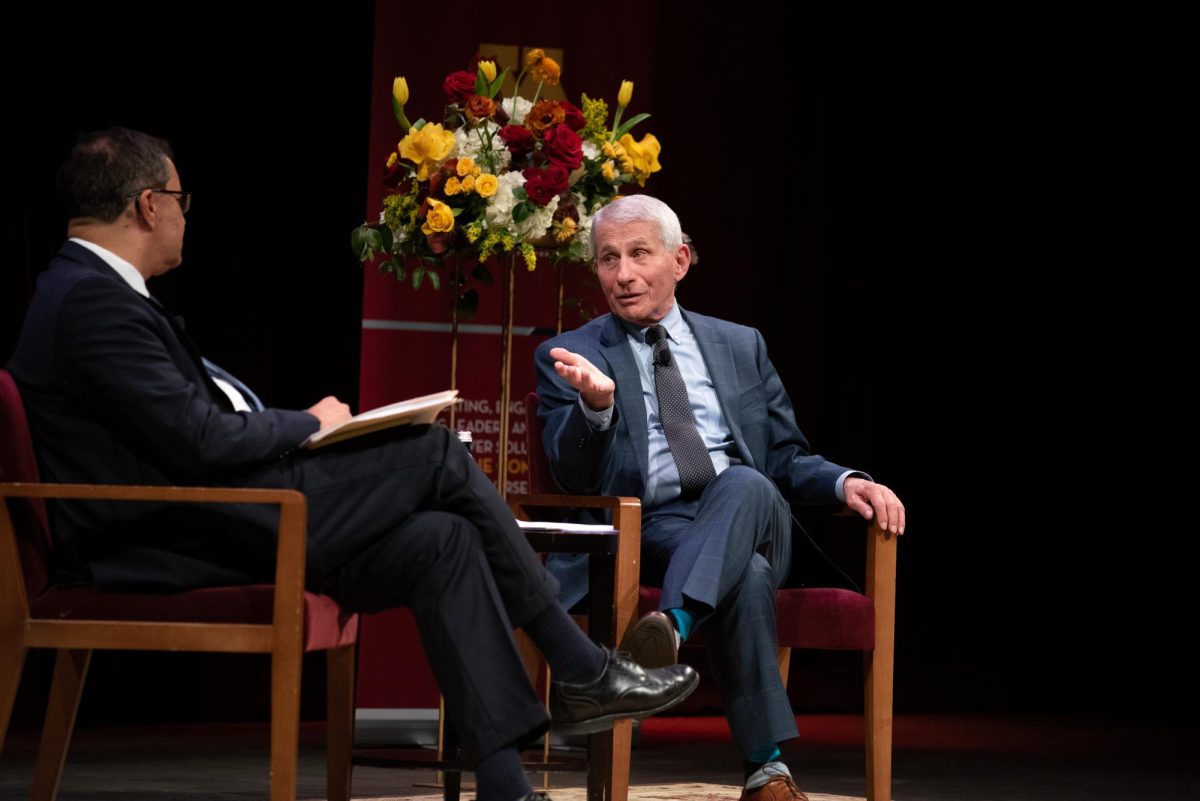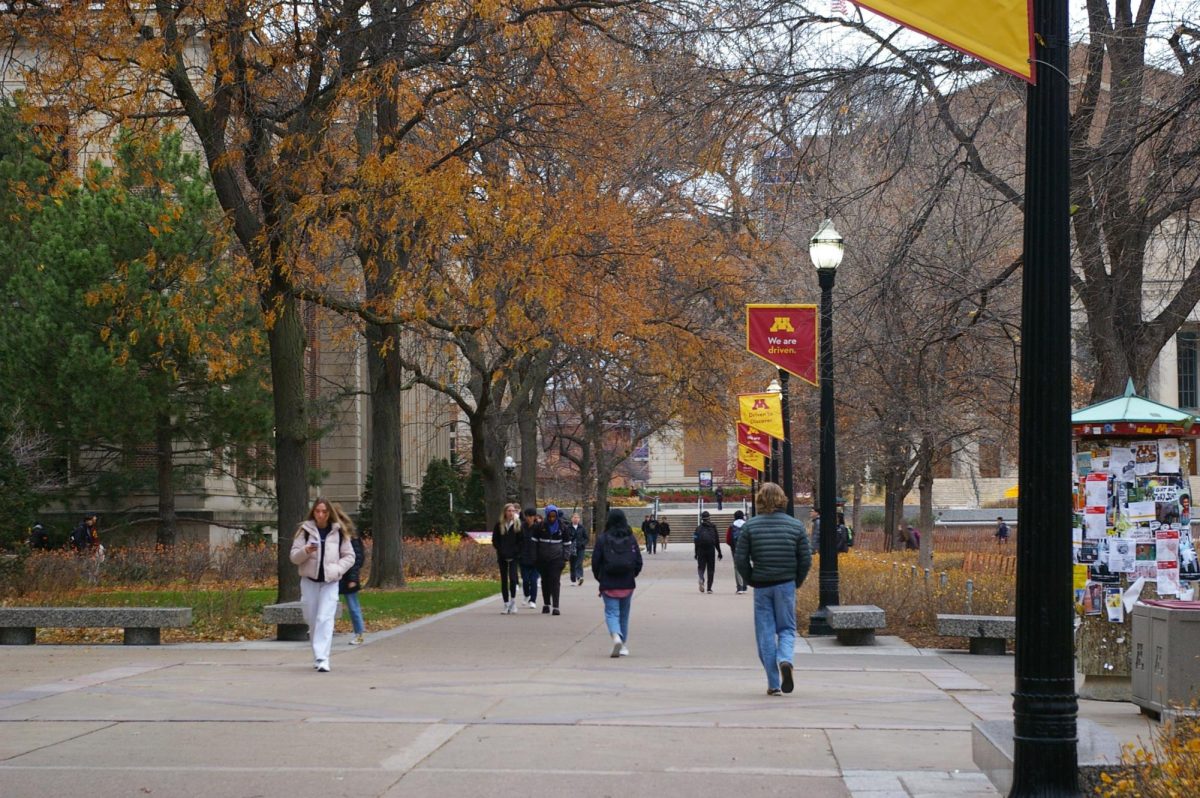Changes to the Minnesota Public Employment Labor Relations Act (PELRA) allow University of Minnesota workers to form new unions, beginning July 1.
An over 2,000-page bill was passed on May 19 as the legislative session ended, including PELRA reforms, allowing new unions to be created for workers across the Twin Cities campus.
PELRA was passed in 1980 to enable union rights. However, it did not allow students receiving work-study compensation or workers classified as fellows to be part of collective bargaining units or unions.
The new language in PELRA will not change current employees’ worker classification but will allow University employees to join unions they could not previously, according to Tracey Blasenheim, a University Labor Rights Coalition leader and political science lecturer.
Problems with the 1980 bill were caused by unions being predetermined, mandating who belonged in which unit rather than allowing for organic union formation, Blasenheim said.
The main sponsors of the legislation were Sen. Jennifer McEwen (DFL) of District 8 in St. Louis County, Rep. Sydney Jordan (DFL) of District 60A and Sen. Omar Fateh (DFL) of District 62 in Hennepin County, Blasenheim said. The bill had approximately 20 co-sponsors.
Heather Holcombe, a lecturer in the University English department and vice president of the American Association of University Professors (AAUP) University of Minnesota Twin Cities chapter said she has been in conversations about working conditions for faculty at the University. The AAUP provided testimony at the legislative session for PELRA.
“The previous bargaining units no longer reflect the realities of who’s working on campus and in what jobs,” Holcombe said.
Blasenheim said some mandated units made sense, such as the University of Minnesota Teamsters, which represent public employees. Others spanned thousands of workers, making organizing virtually impossible.
“These were effectively gerrymandered, maybe not by intention, but that was the outcome,” Blasenheim said.
The new language passed will allow University workers to decide which worker groups belong in their unions, according to Blasenheim. It will also allow students receiving work-study and graduate students paid by fellowships to join unions on campus.
Holcombe said with PELRA’s passage, students can advocate for more benefits. She added the language has the potential to stabilize the teaching workforce at the University, directly contributing to the quality of education.
“It’s about everyone on campus, which is why the reform is so exciting,” Holcombe said.
The Graduate Labor Union (GLU) under United Electrical was also lobbying for PELRA reforms, specifically focusing their efforts on representation for fellows at the University.
The GLU is currently negotiating with the University to see how University fellows can be involved, Sam Boland, a bargaining committee representative for the GLU, said.
In an email statement to the Minnesota Daily, a University spokesperson said they agreed that reviewing the University-specific provision of PELRA was appropriate.
“At those hearings, we asked legislators for time to engage in the type of consultation that we felt was important, nonetheless, we respect their decision to move the legislation forward,” the email statement said.
Blasenheim said the University submitted a fiscal note claiming the legislation would cause financial strain on the University.
“It provided consistent testimony that was critical of the bill and appeared to be working against its passage,” Blasenheim said.
The University chapter of Young Democratic Socialists of America (YDSA) also provided support to the labor coalition. YDSA Communications Director Sam Lucio said it was important to give students the choice to collectively bargain.
“It seemed like they were just kind of trying to stall what was going on and kind of maybe defuse the momentum behind these reforms,” Lucio said.
Sens. Erin Maye Quade (DFL), Clare Oumou Verbeten (DFL), Jen McEwen (DFL) and House Labor Committee Chair Rep. Michael Nelson (DFL) also criticized the University’s response to the bill during the legislative session.
Lucio said it is currently unclear how new collective bargaining units and negotiations will take place. He added what happens in the future rests with University employees.
Lobbying for the rights of students with work-study, fellows and faculty has granted legislative reform, Blasenheim said. But now negotiations with the University administration and communication among workers will determine the future of unionization at the University.














Jason McGrath
Jun 21, 2024 at 9:31 am
Nice that the U admin’s response contains a comma splice, the common grammatical error that U faculty like myself spend lots of time trying to convince their undergrads to grow out of in courses fulfilling the Writing Intensive requirement: “At those hearings, we asked legislators for time to engage in the type of consultation that we felt was important, nonetheless, we respect their decision to move the legislation forward.”